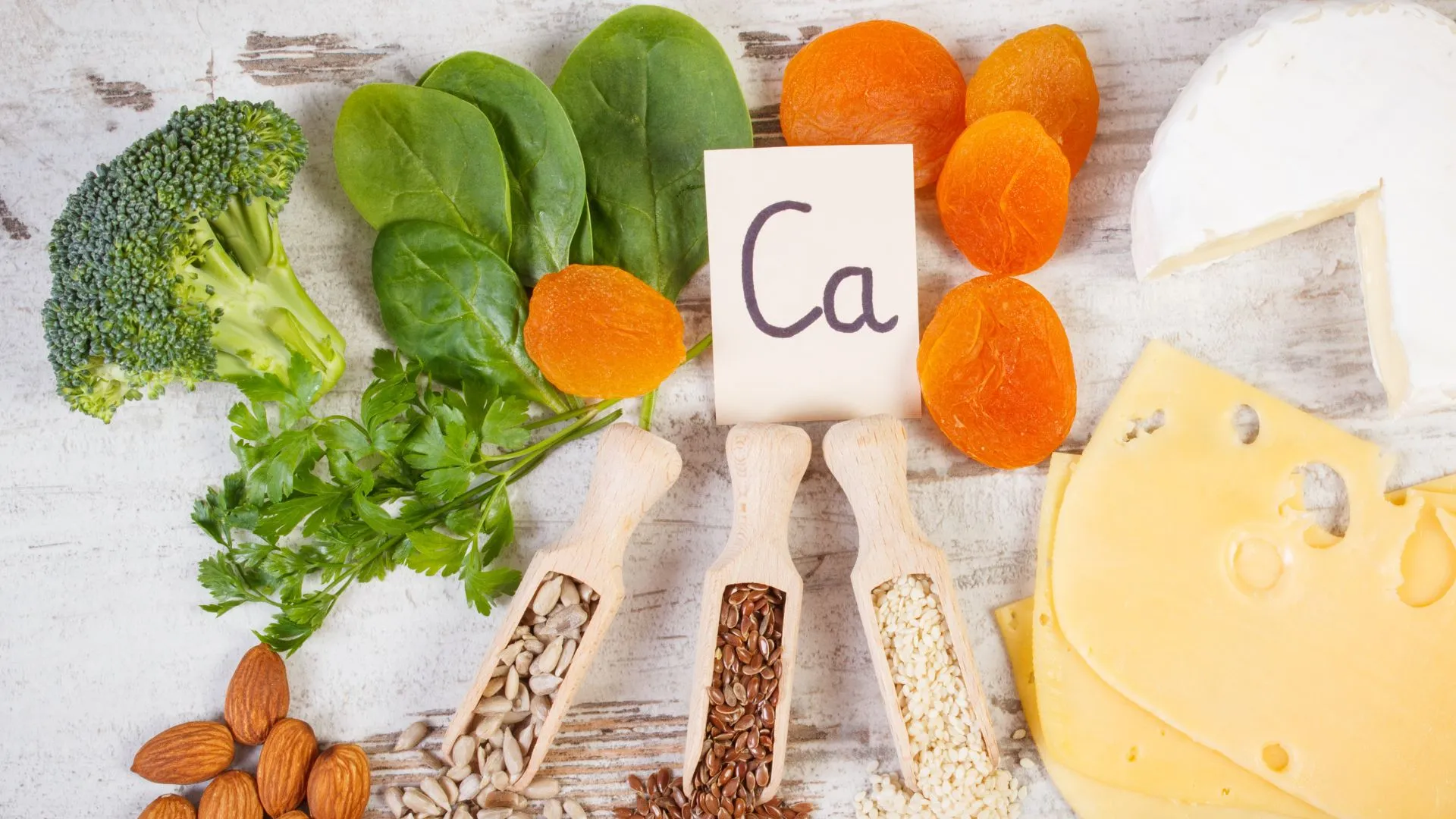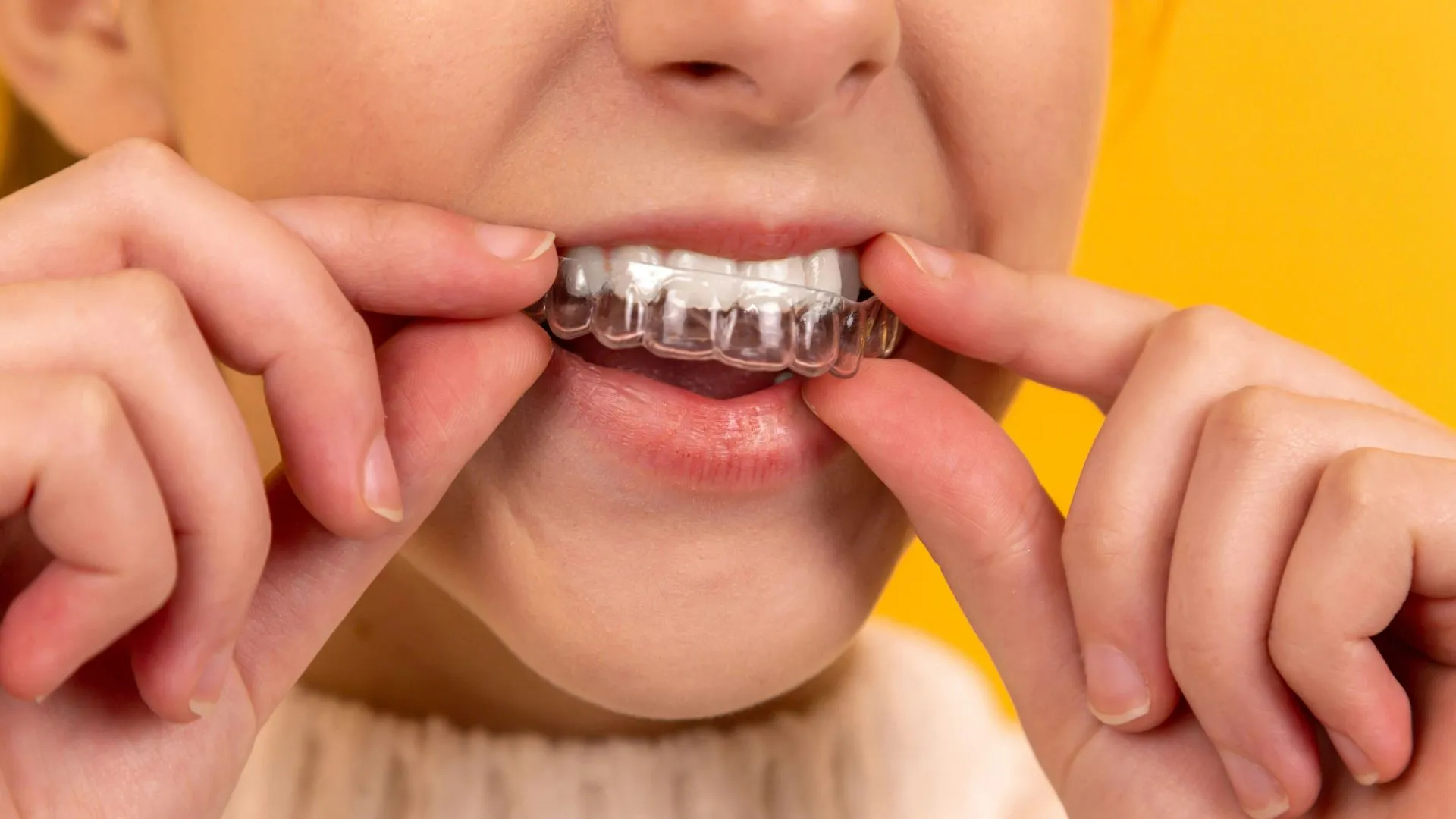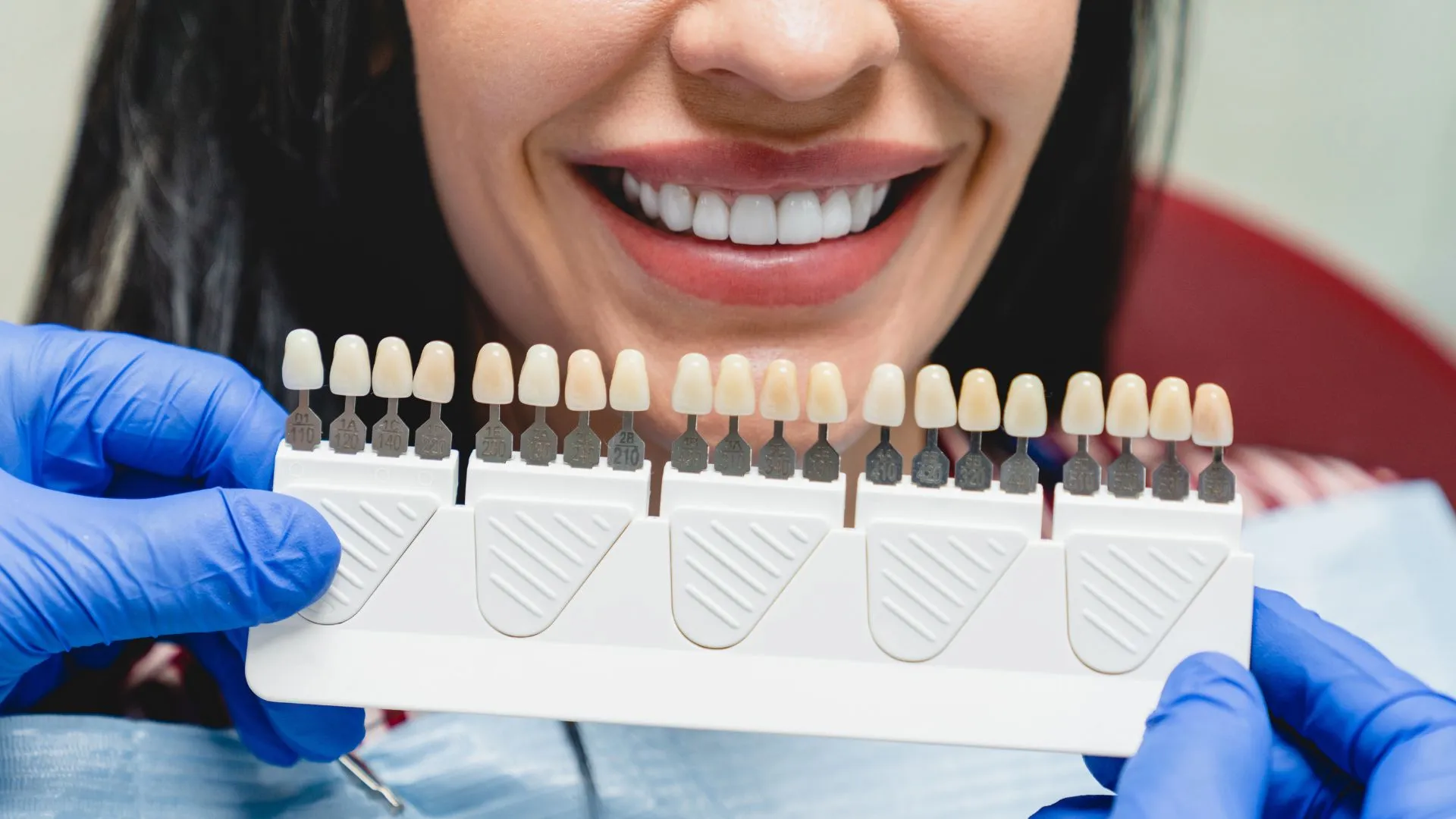You may think that all that is required for healthy teeth is to flush and brush daily. You may be surprised to learn that the foods you eat can either decay or strengthen your teeth.
You may think that all that is required for healthy teeth is to flush and brush daily. You may be surprised to learn that the foods you eat can either decay or strengthen your teeth.
Calcium is one of the most important nutrients for maintaining healthy teeth. The outer shell of your teeth is called enamel. Did you know that calcium can help to keep your enamel strong? Calcium acts as a shield to protect your teeth against erosion and decay.
In order to give your teeth, a shield against tooth decay is to get your daily recommended calcium intake. When thinking of how to get your calcium intake, you may think of food like milk, cheese, and dairy. But there are other options!

Calcium is a crucial part of our diet
Many people drink milk as their main source of dietary calcium, and historically, we’ve been taught that milk is the best source of calcium. But milk isn’t an option for everybody. If you’re allergic, or lactose intolerant, or if you’re vegan or you simply don’t enjoy drinking milk, you’ll need to get your calcium through non-dairy alternatives.
High-calcium dairy alternatives
Fortunately, there are a variety of calcium-rich non-dairy food alternatives that can help those who choose not to consume dairy.
Tofu with added non-dairy calcium
For those who ditch dairy and are also looking for meat alternatives, tofu is a great food to keep around. Without added calcium, firm tofu has around 100-200 mg of calcium per serving, and with added calcium, it can have over 800 mg per half-cup serving. Tofu is a smart choice for your teeth, is naturally gluten-free, an excellent source of protein, and is a highly versatile food. As a bonus, tofu has no cholesterol.
Orange juice
Oranges, like milk, are a natural source of non-dairy calcium. Many types of orange juice, as well, are fortified to have additional vitamin C, calcium, and other essential vitamins. On average, you may find orange juice at the store with over 1,500 mg of calcium per cup – that far exceeds your daily recommendation in just one glass. However, it is best to be careful with orange juice, especially if you are giving it to children because additional vitamins also mean added sugars. If you prefer papaya juice, it also has a high amount of non-dairy calcium.

Soymilk: A milk alternative
When you cannot drink cow’s milk, choose a milk alternative that is fortified with just as much calcium – soymilk. Enhanced with calcium, it contains up to 340 mg of calcium per cup. It is best to check the label as this can change from brand to brand. Even unfortified, soy milk contains around 60 mg of calcium. Added to calcium-fortified cereal, and you’ve got a great breakfast of non-dairy calcium-rich food.
Canned fish: A surprising non-dairy calcium-rich food
An excellent source of calcium that you may not expect is canned fish. These non-dairy foods that are high in calcium are great for the body because the bones are soft and undetectable when eaten. Canned sardines contained upwards to 569 mg of calcium per cup, which canned salmon contain over 240 mg per cup. Shrimp is another option for non-dairy calcium intake. While some people can eat these tiny fish out of the can just fine, you can instead create a spread to eat with crackers, add them to salads, add them to pizza, or other dishes.
Snack on non-dairy calcium with almonds
When you want to snack on your calcium, try almonds. With an incredible 246 mg of calcium per cup, almonds are some of the best non-dairy alternatives to keep in your pantry. Also containing healthy fats, magnesium, fiber, and even vitamin E, they are a small snack with a powerful punch that will keep you full until dinnertime. You also sprinkle almonds on salads, on non-dairy calcium-fortified cereals, and more.
Beans: High in protein and non-dairy calcium
In addition to being a great source of protein, especially for those who do not eat meat, beans are also an excellent source of calcium for people who do not eat dairy. Beans contain plenty of calcium per cup, and there are several different kinds – with soybeans at over 500 mg per cup, kidney beans at 359 mg per cup, and white beans weighing in at almost 500 mg of calcium per cup. Other options for beans include garbanzo, baked beans, and navy beans.

Leafy green vegetables
It is almost crazy to think, but leafy green vegetables are high calcium-enriched foods that are non-dairy. Kale contains 179 mg of calcium per cup, collard greens contain over 350 mg of calcium per cup, and cooked spinach contains a whopping 257 mg of calcium per cup. Whether you add this into a non-dairy smoothie, add them to dinner, or create a salad for lunch, these leafy green vegetables are a powerful way to get your daily dose of bone-strengthening calcium.
Choose plenty of non-dairy foods with calcium
Whether you choose to follow a vegan diet or you have a dairy allergy or sensitivity, you still have plenty of choices when it comes to non-dairy alternatives. Milk, fortunately, and other dairy foods aren’t the only foods available for calcium intake. Choose orange juice, green vegetables, almonds, and other alternatives that are great ways to get enough calcium to keep your bones strong and healthy and your heart pumping.



